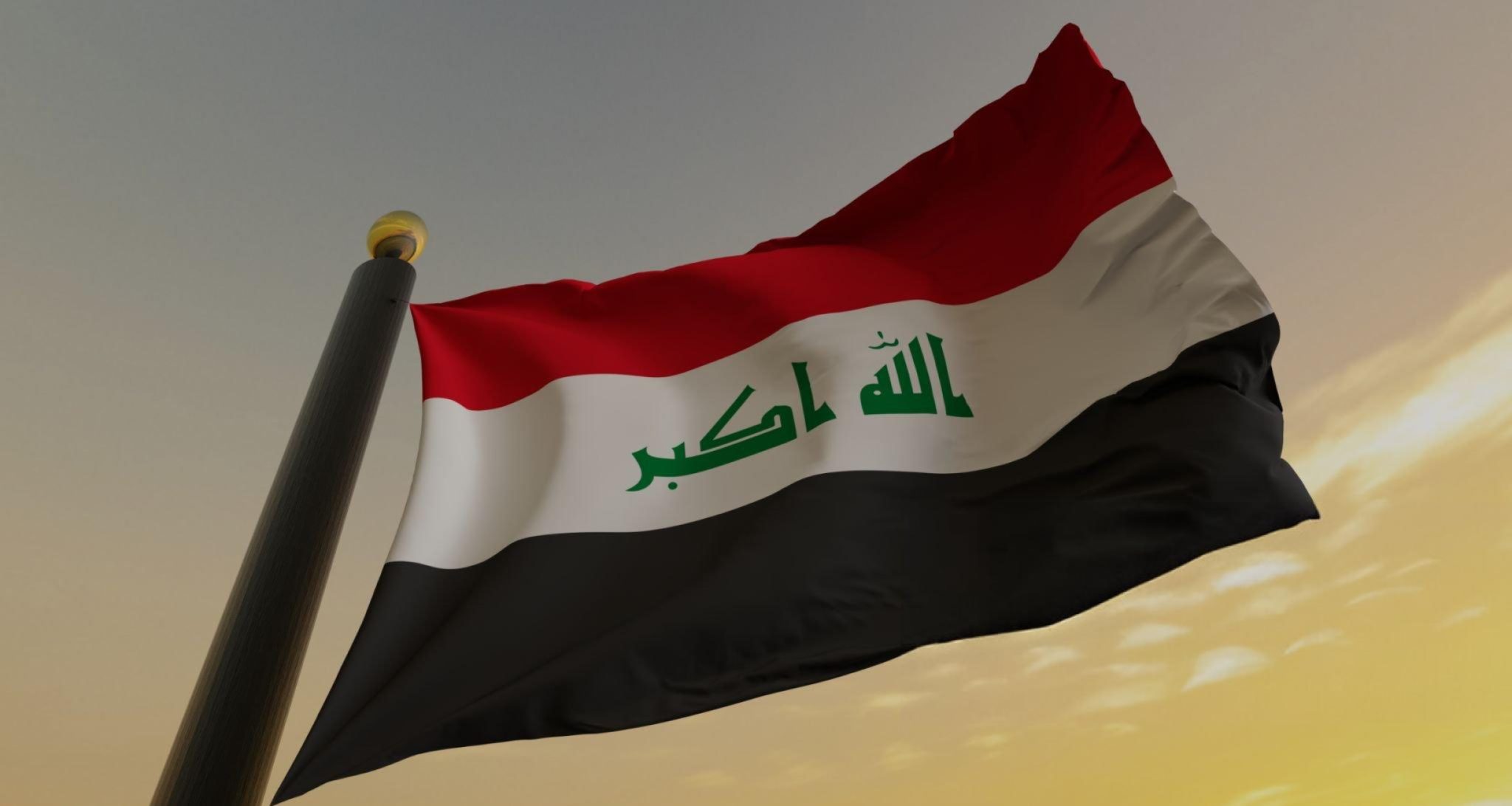Residents of Iraq’s semi-autonomous Kurdish region cast their ballots on Sunday in long-awaited parliamentary elections, held under the weight of internal political rivalries, a faltering economy, and unresolved disputes with the central government in Baghdad. The vote, delayed multiple times since its original 2022 date, comes at a time of increasing public dissatisfaction, particularly with the economy and government mismanagement.
The elections center on a fierce contest between the region’s two dominant political forces: the Kurdistan Democratic Party (KDP) and the Patriotic Union of Kurdistan (PUK). These two parties have long divided control over the Kurdish region, with the KDP overseeing the Erbil and Dohuk provinces, while the PUK governs the eastern province of Sulaymaniyah. Historically, this division has fostered political deadlock, with the parties struggling to collaborate on key governance issues. As a result, the region has witnessed delayed reforms and ineffective governance, frustrating citizens eager for change.
Postponed elections Amid political stalemate
Originally scheduled for 2022, the parliamentary elections were postponed several times due to disputes over the electoral law and voting procedures. After months of deadlock, the region’s leadership agreed to move forward with the vote in 2024. However, despite progress in setting a date, the divisions between the KDP and PUK remain prominent.
Ahead of Sunday’s general vote, Ministry of Interior personnel and members of the Peshmerga, the region’s military forces, participated in special elections held on Friday. The results of these early votes provided a snapshot of the region’s political landscape, with the KDP securing a significant lead by capturing 60% of the vote, while the PUK trailed with approximately 30%. An emerging opposition party, the New Generation Movement, garnered 5.3% of the vote, reflecting a modest rise from its 3% share in the 2018 special election.
New generation’s appeal and the challenge of traditional dominance
The New Generation Movement has seen growing support, especially among younger voters disillusioned by the traditional political system. Many youth in the region feel neglected by the longstanding dominance of the KDP and PUK, which have controlled Kurdish politics for decades. New Generation’s rise reflects increasing demand for political reform and a break from the past. However, despite this rising appeal, the party still faces an uphill battle against the entrenched political dominance of the KDP and PUK.
A voter in Sulaymaniyah expressed frustration, saying, “We need new leaders who listen to the people. The old parties only care about themselves, not about us.”
Economic woes at the forefront
Economic instability remains a central issue in the election. The Kurdish region, despite its rich oil reserves, has struggled with financial mismanagement, corruption, and fluctuating oil prices. Civil servants often experience delayed salaries, and the regional government has faced budget cuts imposed by Baghdad. These challenges have deepened public dissatisfaction, with many voters blaming political leaders for failing to manage the region’s resources effectively.
“The people want basic things—electricity, jobs, and salaries paid on time,” said Ghazi Najib, a voter from Erbil. “This is all we want.”
The economic hardship is exacerbated by allegations of corruption within the regional government. For years, the Kurdish leadership has faced accusations of nepotism and a lack of transparency, further fueling public discontent. Calls for reform, especially from younger voters, are growing louder, but many are skeptical that real change will come, given the entrenched political power of the KDP and PUK.
Tensions with Baghdad
Relations between the Kurdish region and Baghdad have remained strained since the Kurdish independence referendum in 2017, which saw an overwhelming vote for secession but was rejected by the central government. Key disputes, particularly over oil revenue sharing and budget allocations, continue to sour relations.
Iraqi Prime Minister Mohammed al-Sudani, in a recent visit to Erbil, attempted to ease tensions, saying, “We are committed to ensuring the rights of the Kurdish people, but this must be done within Iraq’s constitution.” However, the road to resolving these deep-seated issues remains long and fraught with challenges.
Security concerns
Beyond political and economic challenges, security remains a concern in parts of the Kurdish region, particularly in areas disputed between the regional and central governments. Islamic State sleeper cells continue to operate in these areas, posing a threat to stability. Ensuring security has been a major talking point during the election campaigns, as voters look for leaders who can protect the region from internal and external threats.
“We hope that Kurdistan will become more developed and safer,” said Jamila Mohammed Amin, a voter in Erbil. “All political parties must work together to achieve these goals and protect the region against enemies.”
As residents of the Kurdish region vote, they do so with hopes for a more prosperous and stable future, but the path forward remains uncertain. Economic mismanagement, political infighting, and unresolved disputes with Baghdad weigh heavily on voters’ minds. While opposition movements like the New Generation offer a glimmer of hope for change, the entrenched dominance of the KDP and PUK suggests that transforming the political landscape will not be easy. For many, the elections represent both a moment of reflection on the region’s challenges and a cautious hope for a better tomorrow.







